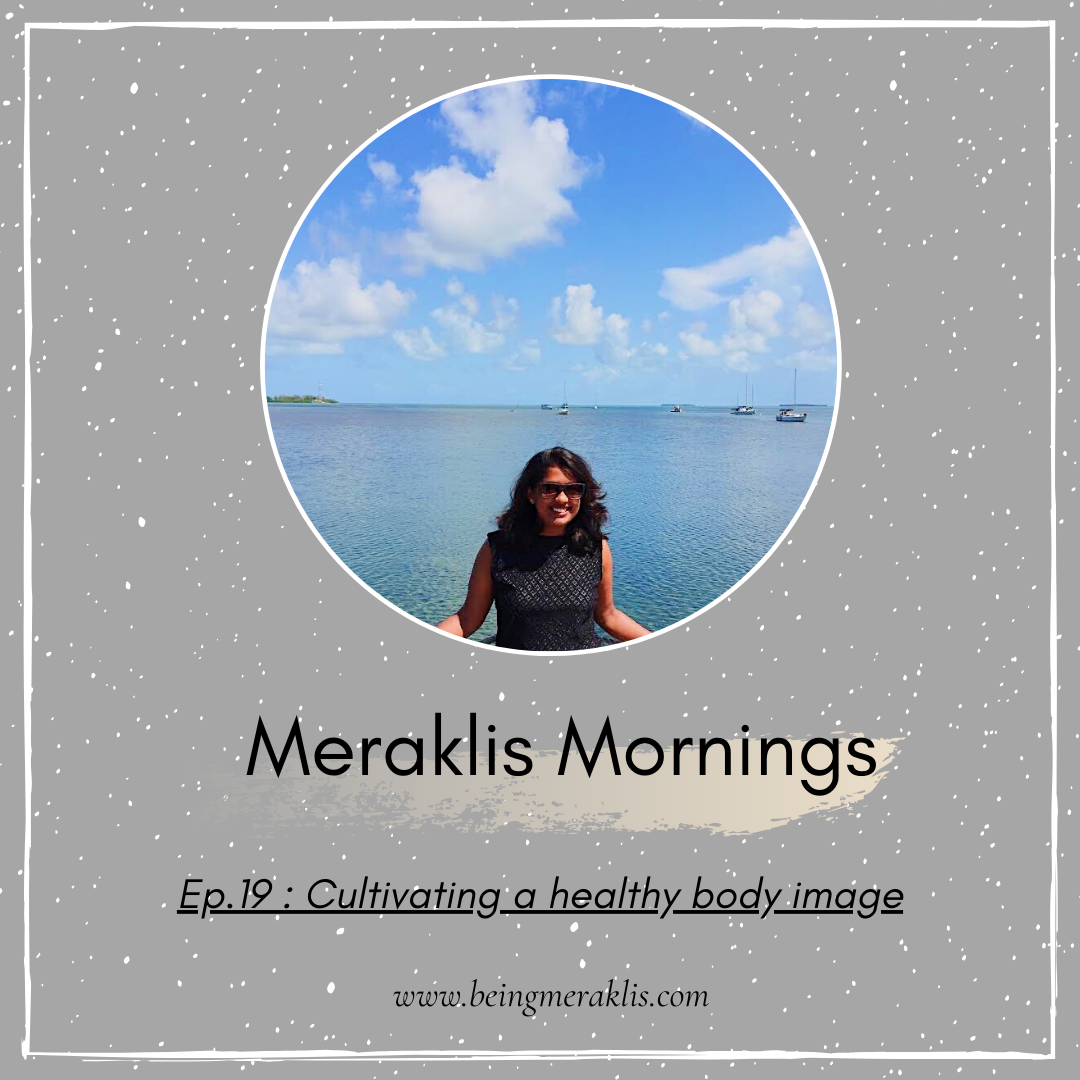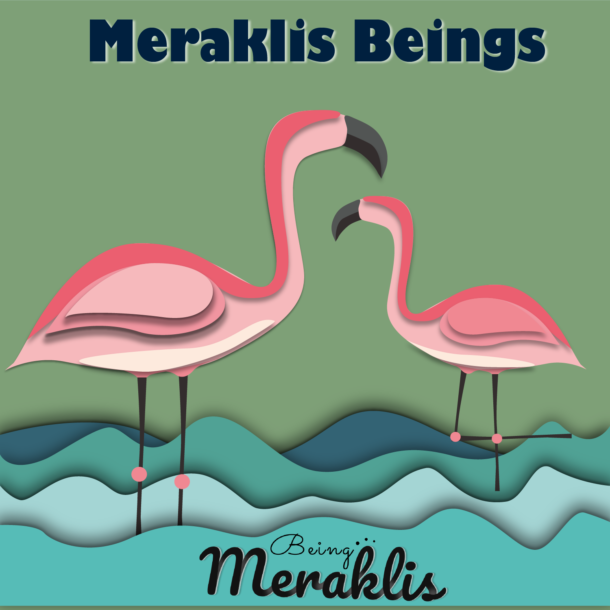Ep 19 – Cultivating a Healthy Body Image
<

I have been fat-thin all my life. And I always assumed I did not have a problem with being fat until I reached a point somewhere in the last 2 years where several health issues did not let me shed that extra weight, which I could easily lose when I was younger. I called myself ugly, I stopped wearing dresses and jeans, and I accepted lesser social engagements because what to wear was a question I didn’t want to answer beyond necessary. And I was stunned.
Being a reasonably confident person with positive self-esteem, I never realized I put so much importance on the exterior shape of this body. And I understood that this is a conditioned response.
Society’s’ ideology of ‘What’s perfect?’
From childhood, a very specific version of beauty has been stuffed down our throat through every medium possible – from cinemas to celebrities, from fashion magazines to gym marketing campaigns, all that objectifying about the perfect shape of a women’s body. Too less is a problem, too much is a problem.
It starts with the casual nosy neighbour or relative commenting “Oh you are looking healthy, indulging a little too much in food is it?” to your own parents telling you “That dress doesn’t suit you, maybe you should wear it after you shed a few kgs?” to that bored colleague in office saying “I see the company seems to be paying you well” looking at your slightly bulging tummy, until you do it yourself.
You try on 10 outfits until you can find the perfect cut to hide your curves before you step out every morning. You adjust your shirt every time you sit, stand, or move, covering those wide hips. You punish yourself – no more shopping until you lose weight or worse starve yourself to fit into society’s ideal definition of a women’s shape.
I’ve done every single thing above and none of them made me feel good about myself until I realized this had to end. It took some time, but I am done with body shaming myself.
So how can we cultivate a healthy body image?
1- I read this quote by Lindsay Kite, and she says it beautifully:
“Positive body image isn’t believing your body looks good, it’s knowing your body IS good, regardless of how it looks.”
Our bodies are superior in every form, its intelligence, its flexibility, its ability to fix, heal, and repair itself are nothing short of a miracle in itself. Your body doesn’t have to look good it already is good.
There are simple things you can do- like being grateful to your body, to be able to cope with the anxiety and stress you are dealing with at work, being grateful to your body for healing past injuries and being able to walk, bend, and move. The simple act of appreciating all that our bodies can do, can change our perspective drastically.
2- Set higher benchmarks for your body: Goals that are beyond skin deep, beyond just losing those kilos to please society. For example, I started this year with a simple goal to become stronger. I keep facing several issues with my reconstructed ligament in my right knee despite it being 3.5 years after my surgery. I realized that I wanted to trek and be able to have my travel adventures until a very old age, which means I need to get stronger now. Reflect what your goals are when it comes to your body and ensure that they serve your life’s desires best.
3- Practice self-compassion: Changing the world overnight is not possible, but we can change how we react to these triggers. Identify what triggers you the most, avoid the people who cause that where possible, and ignore the comments where it’s not. Be kinder to your body. That means not scowling every time you look at the mirror and find that added layer of fat hanging loose. That means not being paranoid about every calorie you intake and weighing yourself every four hours.
“Be mindful of what you consume, nourish your body well.”
Maybe even take care of it like you would take care of a spouse or a child until compassion towards your own body comes naturally to you.
For cultivating self-compassion, do listen to the podcast on self-love on Being Meraklis.
Remember you are not just your body.
So let’s play our part in creating a space where every person irrespective of their body shape, size, colour, race, or religion can be accepted for who they truly are.

